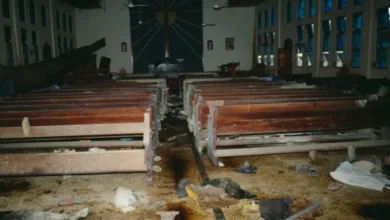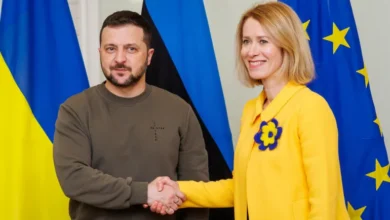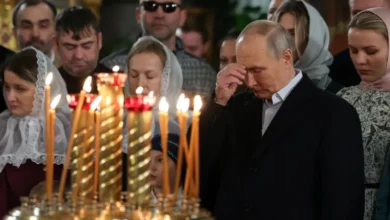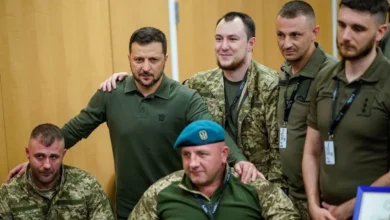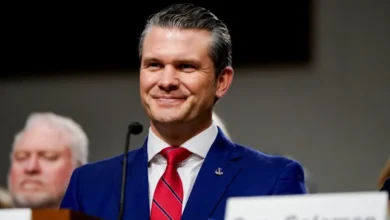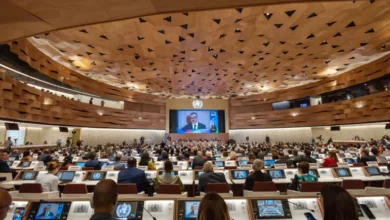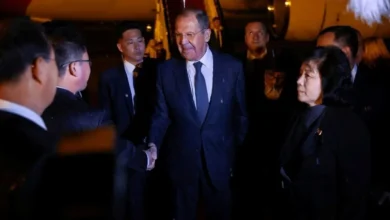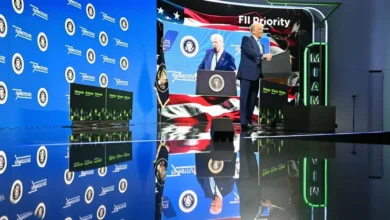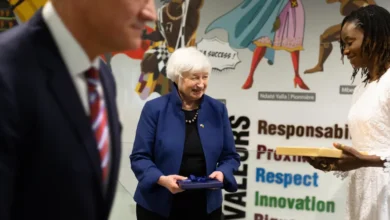Israel, UN signal progress in talks to open Kerem Shalom crossing in Gaza
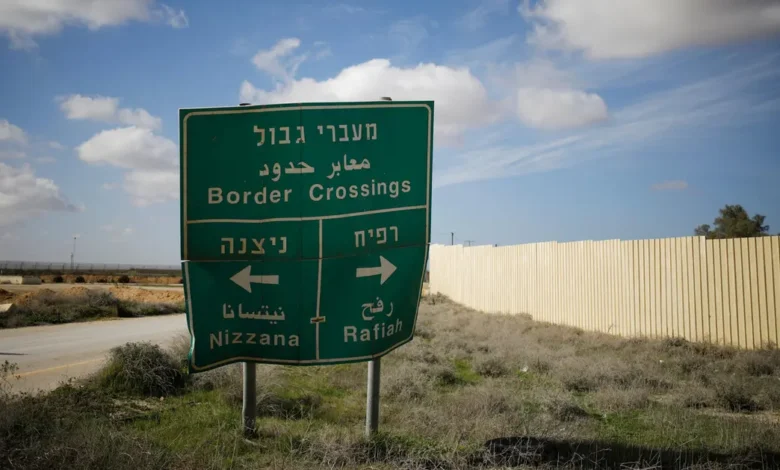
Israel and the United Nations signaled on Thursday that the Kerem Shalom crossing in Israel could soon be opened to allow more humanitarian supplies into Gaza, where the Israel-Hamas war has left people desperately short of basic needs.
In Israel, Colonel Elad Goren, head of the civil department at COGAT, the Israeli agency for civilian coordination with the Palestinians, told reporters: “We will open Kerem Shalom just for inspection. It will happen in the next few days.”
In Geneva, United Nations aid chief Martin Griffiths told reporters that negotiations were under way. “There are promising signs now that that may be able to open soon,” he said.
If that were to happen, Griffiths said it would represent a major boost for humanitarian operations seeking more access to the densely populated Palestinian enclave, which has been widely devastated by Israeli bombardment in the two-month-old war.
“It would be the first miracle we’ve seen for some weeks, but would also be a huge boost to the logistical process and logistical base of a humanitarian operation,” he said about the possible opening of Kerem Shalom.
He said the warring parties were more willing to open the crossing “probably not in one go, but certainly gradually.”
Aid currently being allowed into Gaza comes only through the Rafah crossing on the Egyptian border, which was designed for pedestrian crossings and not trucks.
The Kerem Shalom crossing was used to carry more than 60 percent of the truckloads going into Gaza before war erupted on Oct. 7. It sits at Gaza’s southern border with Israel and Egypt and Griffiths said both Israel and Egypt had become much more open to the idea of reviving the route.
Israel, US, UN and Egypt in talks
Goren said a COGAT team was engaged in discussions with the United States, the United Nations and Egypt on how to raise the volume of humanitarian assistance. He said Israel would like the international community to increase its capabilities.
“We won’t be the problem. We will adjust ourselves for all the needs. The needs are up to the UN. If they will tell us that there is a need for 200 trucks and they have the capabilities to take it, it’s not a problem,” Goren said.
Israeli attacks on Gaza after a short-lived truce have forced thousands of people to flee to the south of the enclave, prompting fears among aid and health organizations that overcrowding and the lack of food and clean water could spread disease.
Griffiths deplored the precarious state of aid efforts, saying, “we do not have a humanitarian operation in southern Gaza that can be called by that name anymore.”
“The pace of the military assault in southern Gaza is a repeat of the assault in northern Gaza,” he added, referred to the part of the enclave that has been largely cut off from humanitarian aid.
Griffiths described the aid operation in Gaza was “at best humanitarian opportunism,” where humanitarian workers were struggling to get the most essential supplies to people in dire need.
“It’s erratic. It’s undependable,” Griffiths said of the aid operation. “And frankly, it’s not sustainable.”
